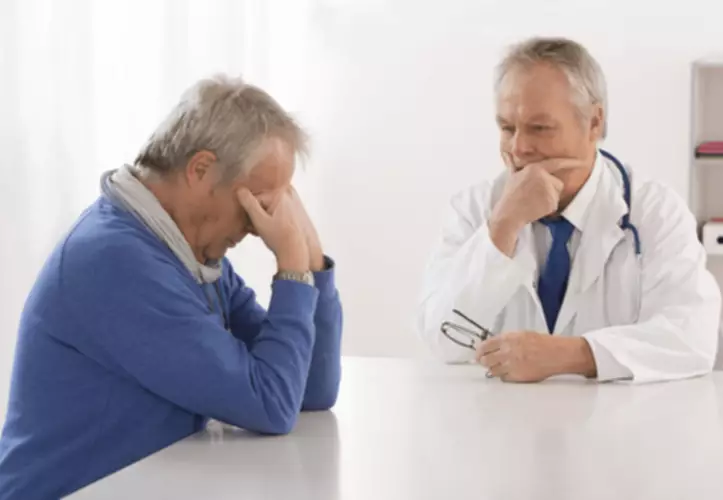Content
If you are recovering from an alcohol addiction, night sweats could be a sign of alcohol withdrawal. This is because alcohol affects the central nervous system, which is responsible for regulating our heart rhythm, body temperature, and blood pressure. This results in sweating, usually at night in the form of night sweats.

Serious conditions can cause sweating, so it’s important to find the cause. Alcohol withdrawal is actually one of the underlying causes of secondary generalized hyperhidrosis, a condition that explains the development of sudden excessive sweating. Essentially, drinking alcohol increases the amount of sweat the body produces and this is an issue for people who already sweat excessively. Because alcohol intolerance is a genetic condition, there’s currently no cure for it. The best way to relieve the symptoms of alcohol intolerance is to limit or eliminate alcohol consumption.
How Do Amphetamines Affect Body Temperature?
If your pattern of drinking results in repeated significant distress and problems functioning in your daily life, you likely have alcohol use disorder. However, even a mild disorder can escalate and lead to serious problems, so early treatment is important. That explains why you may smell a little of last night’s tequila in the gym the morning after.
- Ironically, alcohol may temporarily relieve hot flashes, but at a cost.
- Each individual first provided a sweat sample that proved their sobriety, then they took a few shots of 40 percent vodka until their BAC hit 0.08 percent.
- It’s important to talk to your doctor about new night sweating episodes.
- However, higher levels of alcohol in your body can cause your blood vessels to tighten (vasoconstriction) which can increase your blood pressure and heart rate.
- In fact, if you work out after you are already dehydrated, your hangover symptoms will only get worse.
- If alcohol is the cause of your night sweats, the best treatment is to drink less.
Such home remedies may include staying hydrated and keeping the bedroom at a comfortable temperature. But they’re often not based https://ecosoberhouse.com/ in science, and some can be dangerous. For example, drinking more alcohol (“hair of the dog”) will not cure a hangover.
More on alcohol & dehydration
Calls to any general helpline (non-facility specific 1-8XX numbers) could be forwarded to SAMHSA, ARK Behavioral Health or a verified treatment provider. Calls are routed based on availability and geographic location. Many individuals experiencing withdrawal also report insomnia.15 Night sweats may worsen insomnia and intensify restlessness.
- If you believe your alcohol consumption is a problem, discuss this with your doctor.
- It is relatively harmless to indulge in a glass or two, but you should be aware of how drinking affects your body.
- Hangovers mess with you right when you wake up, and the particularly nasty ones can ruin the entire day.
- Many people are unaware that withdrawal-related sweating can occur anywhere from a few hours to several days after you last consume alcohol.
If you’re sweating a lot, it might be a sign that you’re drinking too much alcohol. Many people sweat more after a night out, that’s because why does alcohol make you hot as alcohol accumulates in the blood vessels, they enlarge, explains Axe. “This can make people feel hot, which triggers the sweat glands.”
Can Night Sweats Be a Sign of Withdrawal?
So, when the hypothalamus is stimulated by alcohol, excessive sweating can be the result. This symptom of withdrawal, along with most others, is temporary. People experiencing mild night sweats from occasional alcohol consumption may find relief using home remedies. People should speak with a doctor to discuss any concerns about their risk of experiencing night sweats. A person should seek immediate medical attention if they experience these symptoms. Home remedies can usually help manage alcohol-induced night sweats.
Deficiency in the enzyme aldehyde dehydrogenase, necessary for breaking down alcohol, may be the culprit. In addition to sweating, you may experience gastrointestinal distress and skin flushing, or redness. The other group that may get this skin flushing reaction are people who have an alcohol-related hypertensive disorder. There is no direct health threat from either of these sweating episodes, but the sweat and flushness can be uncomfortable. The best way to reduce both of these skin reactions is to reduce or eliminate alcohol consumption entirely.
